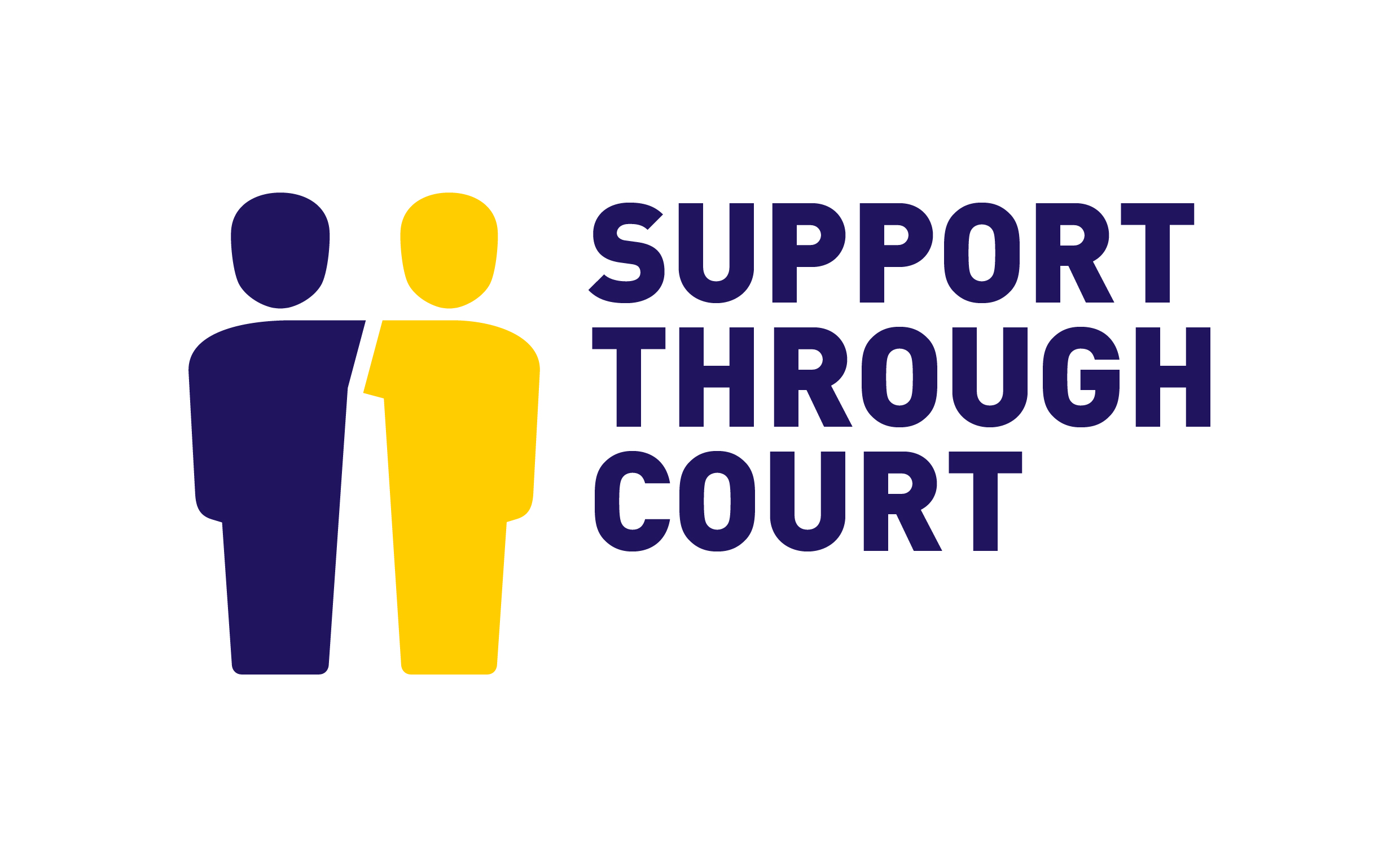 I’m Caterina and I am completing my LLB in Politics, Philosophy and Law at KCL. I am half Italian and half Russian and have been interested in the charity and pro bono sector for a while now. Next year I will be studying an MSc in International Social and Public Policy, focussing on NGO activity.
I’m Caterina and I am completing my LLB in Politics, Philosophy and Law at KCL. I am half Italian and half Russian and have been interested in the charity and pro bono sector for a while now. Next year I will be studying an MSc in International Social and Public Policy, focussing on NGO activity.
I got involved with the legal clinic at King’s as a Student Adviser and was immediately struck by how many other extracurricular activities and projects were on offer. Support Through Court seemed a great opportunity to get a better understanding of the legal system in practice. I enjoyed volunteering more than I anticipated and I found it a very well-rounded experience. I learned a lot about court procedure and structure and how best to tactfully help a stranger struggling emotionally.
Some of the clients knew what their main argument was going to be in court but struggled to frame the argument in a skeleton argument or in a professional format. In terms of legal content volunteering at the Royal Courts of Justice especially exposed me to a wide variety of practice areas.
On one occasion, I remember helping five clients in one day with disputes ranging from money claims, to a probate case with jurisdictional issues in France, a disability discrimination in the workplace claim, and a contractual misrepresentation. In a single day as a volunteer, there is simply no limit to the variety of areas of law that you might be enriched in, some of which you might not have even studied during your LLB!
Overall, the role is to make the experience of preparing for and being in court less traumatic and negative. A lot of clients were overwhelmed by the whole process of going to court and found themselves in need of more basic practical help, for instance in navigating the building and the different offices, finding the right form and making sure everything is filled out correctly and sent to the right place. Walking with them rather than having a dismissive attitude is something they appreciated.
Given the stress of the situation for the client, as a volunteer you can contribute a lot even just by making them a cup of tea and letting them talk for a while about their story, struggles and sense of unfairness – something I felt came up in most of these cases.
We also brought comfort by making the tasks look easier and explaining with more positive language what we can do to help them complete their tasks. This often relieved the anxiety clients felt about the procedural aspect. In my experience, even praising them for how far they’ve come, how wellorganised their bundle and documents are, went a long way when a client was tired of feeling unheard. For the same reason, it was extremely important to always be listening actively, taking notes, with their permission, if the story seemed complex, to give them a sense of interest and validation they might not have felt in court.
Support Through Court offices have had to close their doors during the coronavirus pandemic and all face-to-face support has been suspended for the time being. While the world seems to have stopped for some, time certainly has not stopped running for those seeking justice and those who need charities to facilitate their access to it. Just like the King’s Legal Clinic was immediately trying to move their work online, so was Support Through Court, who had recently established a phone helpline to try and help clients remotely.
Something I did not expect to find as a student volunteer but was a very core similarity among the clients was the aversion towards technology. A lot of the Support Through Court
clients are elderly people, who might have disabilities or resource issues which can make any task a lot harder than it might otherwise be.
There are a series of issues which the closure of the office and remote contact may have caused the clients:
When the problem, or rather, the situation they need the most help with is primarily emotional support, my experience taught me it would be difficult for clients to pick up the phone. Some take time and a couple minutes silence or reassurance on the volunteer’s part to even start talking, and that is very difficult over the phone.
Some clients might have children or live in a busy household where calling privately might not even be a practical option.
I can envisage the clients that are struggling the most right now would be those that simply walk into the office and ask a volunteer to help them understand a document they have been sent – be it a court order or a skeleton argument from the other side.
All of the above could be compounded by not understanding English well, if English is not their first language.
What a lot of clients want and need is a frank honest discussion with a person who, within limits, understands their story and what the next steps for them are, in what could be a very important and difficult time for them. While the phoneline volunteers I’m sure are doing an excellent job, there are definitely some clients who need face-to-face support.
I am very grateful to the clinic for connecting me with Support Through Court as I found volunteering a formative experience and I really respect the work the charity does having been given the opportunity to understand it better.
On a personal level, this was a good reminder that emotional intelligence is an asset in the legal world and that it is possible to improve on rapport-building skills through practice. I have a newfound appreciation for listening actively and taking tasks a bit slower to really understand when helping someone.
Written by:
Caterina Cedolini, Politics Philosophy and Law LLB
For more information on Support Through Court please visit: https://www.supportthroughcourt.org/
 The main reason I chose Legal Clinic as a law module in my final year is because I really wanted to see law in action. With all my other law modules, my understanding of the law had been from reading about it in textbooks, rather than seeing it applied in practice. I always wanted to go into Law as a career, but I had never experienced what this would involve. Legal Clinic therefore offered something completely different to what I had been used to in my degree. One of the best things for me was there was a huge variety of the types of cases available to work on.
The main reason I chose Legal Clinic as a law module in my final year is because I really wanted to see law in action. With all my other law modules, my understanding of the law had been from reading about it in textbooks, rather than seeing it applied in practice. I always wanted to go into Law as a career, but I had never experienced what this would involve. Legal Clinic therefore offered something completely different to what I had been used to in my degree. One of the best things for me was there was a huge variety of the types of cases available to work on.
Recent Comments